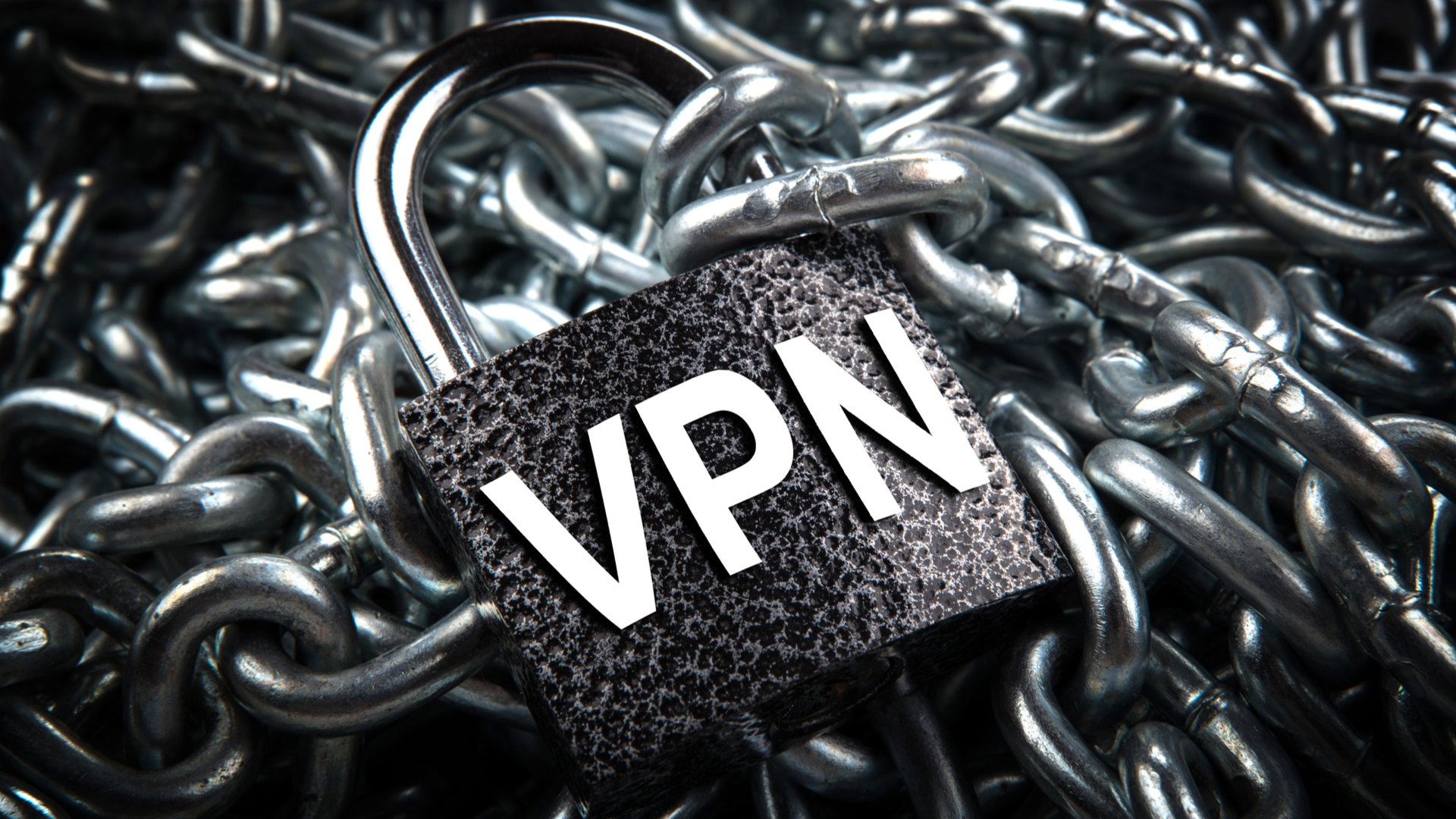Corporate VPN: What is it, and how is it different from a personal one?
Ensure employees can connect to your company securely

Virtual private networks (VPNs) play a critical role in cybersecurity, particularly for businesses. A VPN creates an encrypted connection between any device and any server, preventing important data from being stolen by hackers as it’s transferred back and forth.
If you run a business, it makes sense to use a business VPN, also known as a corporate VPN. Corporate VPNs work in fundamentally the same way as personal VPNs, but they offer several features to help businesses run safely and smoothly.
In this guide, we’ll explain what corporate VPNs are, highlighting the key differences between these and personal VPNs.
NordLayer is a TechRadar Top Rated Business VPN
NordLayer benefits from the same sterling levels of security and reliability that NordVPN is known for, and includes the added bonus of a dedicated account manager for business account holders. Special Offer: Get 20% off an annual Advanced plan for your first year.
What is a corporate VPN?
A corporate VPN enables employees to connect securely to your company’s servers and computer infrastructure. Over a corporate VPN connection, employees can access their business email, run software your company has built, licensed or approved, or access data stored on company servers.
The VPN encrypts the internet connection over which these activities take place. This means that even if an attacker were to siphon away data during the transfer journey from a company server to an employee’s computer, the information would be worthless as the attacker would have no way to decrypt it.
Given the frequency and cost implications of data leaks (we’re talking millions of dollars, as well as possible identity theft), using a corporate VPN is essential for most businesses. While a VPN won’t entirely prevent hacks on its own, it’s one of the key building blocks of a solid network security program.
What are the benefits of a corporate VPN?
Corporate VPNs have several benefits. The first is that they enable employees to remotely access company resources and data. This is especially convenient for businesses with remote employees, or companies that have multiple office locations. With a VPN, employees can connect from anywhere and securely access company data, software applications, email, and more.
Are you a pro? Subscribe to our newsletter
Sign up to the TechRadar Pro newsletter to get all the top news, opinion, features and guidance your business needs to succeed!
In addition, since employees can remotely access data wherever they are and at any time, your company can store most data in the cloud. This is great for cybersecurity, as it means employees don’t need to store sensitive data on their devices. If they lose a business laptop, it’s less likely to be a major issue.
Another benefit of corporate VPNs is that they give every company device a static IP address. Your IP address is like an internet ID for your device. Typically, this ID changes each time you connect to a network, so a firewall can’t simply keep a list of allowed IP addresses to determine what devices should be allowed in. If IP addresses are static, a company firewall can automatically enable entry to a specific set of device IDs and nothing else. So, static IP addresses provided by corporate VPNs make it more difficult for attackers to trick a firewall into allowing an unauthorized device to connect.
Corporate VPNs vs Personal VPNs
Corporate VPNs and personal VPNs both encrypt your device’s connections. However, there are important differences in what these VPNs are meant to be used for and how they work in practice.
A single corporate VPN account can host hundreds or even thousands of simultaneous connections without bottlenecks that slow connections down. Most corporate VPNs are also designed to scale up, so they can grow with your business as you add devices or employees.
Alternatively, personal VPNs are designed to be used by individuals. A single personal VPN account only supports one or a few simultaneous connections, and most plans come with limits on the number of devices you can connect.
Notably, personal VPNs typically don’t enable you to create a static IP address for individual devices, as in the case of corporate VPNs. Instead, they assign an IP address to your device that’s shared among multiple VPN users, usually called a dynamic IP address. This makes it harder to track your location and identity, so it’s useful for maintaining privacy online.
While this is ideal for personal use, it isn’t as suitable for accessing a business network. Static IP addresses enabled by corporate VPNs provide the opposite of anonymity, with IT administrators able to see exactly which devices are connected to a company’s network at any given time. They also have access to audit logs to review network activity in the event of a security breach.
Another major difference between corporate and personal VPNs is how they are administered. With a personal VPN, you’re in complete control of the VPN. It’s up to you to decide how and when to use it, and how to configure the VPN settings.
With a corporate VPN, individual employees have limited options for configuring the VPN on their business devices. IT administrators are responsible for adding and removing users from the VPN, limiting access to different company resources, and even setting limits on how much bandwidth a single device can use while connected through the VPN.
Conclusion
Corporate VPNs are designed to enable employees to connect securely to your company’s network and access shared resources. They are designed to accommodate hundreds or even thousands of devices simultaneously and can scale up as your company grows. Corporate VPNs also provide static IP addresses for each device, providing an extra layer of security for your network.
While personal VPNs provide relative anonymity via shared IP addresses, corporate VPNs benefit from static IP addresses for security, remote flexibility, and data transfer stability.
Want to learn more about corporate VPNs? Check out our guide to the benefits of VPNs, and our explainer on how to choose a business VPN. We’ve also reviewed the best VPNs for 2022.
Michael Graw is a freelance journalist and photographer based in Bellingham, Washington. His interests span a wide range from business technology to finance to creative media, with a focus on new technology and emerging trends. Michael's work has been published in TechRadar, Tom's Guide, Business Insider, Fast Company, Salon, and Harvard Business Review.


